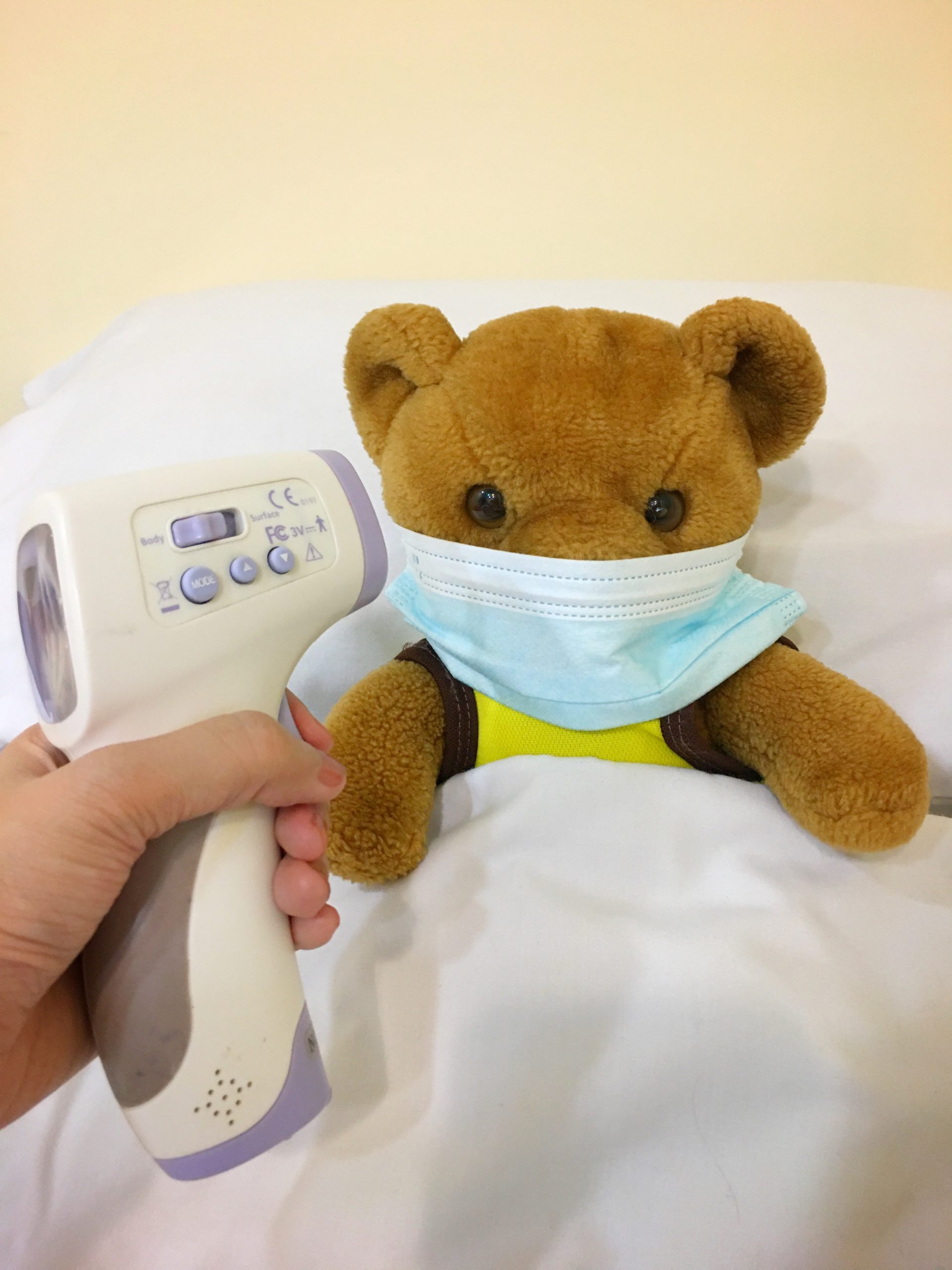If you have been diagnosed as a hypochondriac, you are very aware by now that hypochondria can cause you to think you are experiencing symptoms of a deadly disease, illness, or injury. This could happen randomly, or it could happen right after a doctor’s appointment where you have been told that you are perfectly healthy. The tricky thing about hypochondria is that you never know when your symptoms are going to act up, so you need to have a plan for what happens when they (inevitably) pop up once again.
So, what happens if your hypochondriac symptoms feel real? You don’t want to keep going to the doctor. But then again, what if you actually do have something wrong this time? It’s so hard to differentiate between hypochondria and being actually ill…especially when the symptoms feel so real! Don’t worry, we’ve got you. In the event that your hypochondriac symptoms feel real, here’s what you should consider doing:
See a doctor
If you’re experiencing hypochondriac symptoms that feel real to you, it’s important to see a doctor. It’s possible that your symptoms are caused by a physical illness. However, it’s also possible that they’re caused by anxiety or another mental health condition. Only a doctor can give you a proper diagnosis and recommend the best course of treatment. If you’re worried about your symptoms, don’t hesitate to see a doctor. They can help you figure out what’s causing your symptoms and how to best treat them. They can do this even if you are a hypochondriac!
Due to circumstances like these, we highly recommend finding a primary care doctor who knows and understands you are a hypochondriac. This will allow them to treat your physical health while also taking your mental health into account.
Get a second opinion
If you’re experiencing symptoms that feel real, it’s important to get a second opinion. See a second doctor or medical professional to rule out any physical causes for your symptoms. If your doctor finds nothing wrong, ask for a referral to a therapist or counselor. They can help you learn how to manage your anxiety associated with having hypochondria.
Talk to a trusted friend or family member
If you’re feeling like your symptoms are real, even though you may have been diagnosed with hypochondria, it’s important to talk to a trusted friend or family member. They can help you understand what’s going on and how to deal with them. Depending on your shared history, they may also be able to recall times you’ve had similar symptoms in the past. This could help provide you with some perspective about the symptoms that you are having. It may be a easy way for you to determine whether or not these symptoms are real or if they are indeed hypochondriac symptoms.
Keep a journal of your symptoms
If you’re worried that your hypochondriac symptoms are actually real, one of the best things you can do is keep a journal of your symptoms. This will help you track your symptoms and see if there are any patterns. Make sure to include when your symptoms started, how long they last, what makes them better or worse, and anything else you think is relevant.
If you’re keeping track of your symptoms and you’re still worried, it’s a good idea to talk to your doctor. They can help you figure out if your symptoms are actually caused by an underlying medical condition or if they’re just in your head. Your medical professional will greatly appreciate being able to see your log of symptoms in your journal. It will make it that much easier for them to be able to diagnose you. Either way, getting professional help can give you peace of mind.
Try relaxation techniques
If your symptoms feel real to you, it’s important to find ways to relax. Stress and anxiety can make your symptoms feel worse, so it’s important to find ways to calm yourself. Relaxation techniques can help you feel more relaxed and may help to ease your symptoms. Try deep breathing exercises, meditation, or yoga. There are also many relaxation apps that you can download to help you relax, such as Calm or Headspace. If you’re finding it hard to relax on your own, there are also therapists who can help you learn how to relax…which brings us to our next point.
Seek counseling or therapy
If you’re struggling with hypochondria, it’s important to seek professional help. Counseling or therapy can help you understand your condition and learn how to cope with your hypochondriac symptoms. In particular, cognitive-behavioral therapy is an effective treatment for hypochondria. This type of therapy can help you change the way you think about your symptoms and overall health.
Disclaimer: THIS WEBSITE DOES NOT PROVIDE MEDICAL ADVICE.
If you are currently experiencing medical concerns, it’s important to talk to a doctor to rule out any underlying medical conditions. HypochondriacHQ does not substitute professional medical advice or consultations with healthcare professionals. Never disregard professional medical advice or delay in seeking it because of something you have read or seen on this website.




